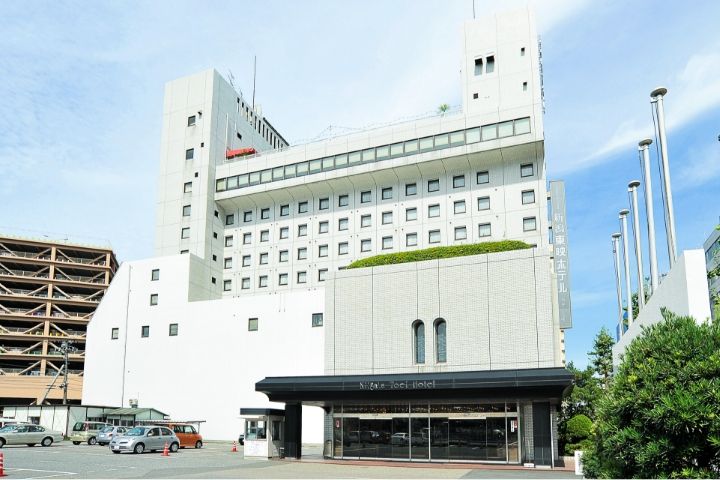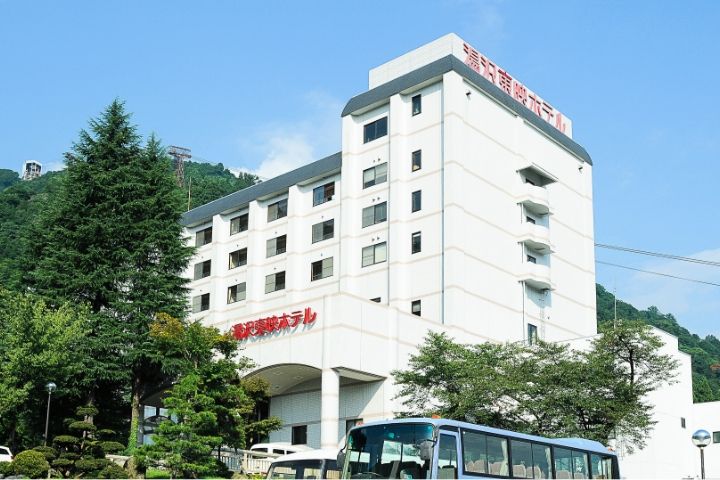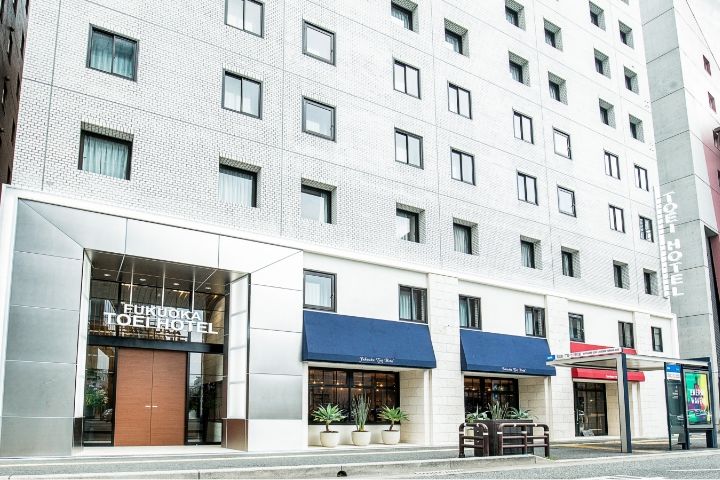Environment
Aiming to be a film studio that is considerate of the environment and work styles
At the same time, while there are various issues that need to be solved in video content production, including restrictions on location shooting in times of natural disasters and a need for reductions in shooting time as a response to work style reforms for staff, "virtual production" (VP) which enables the creation of a continuous and efficient production system, is attracting attention worldwide.
Utilizing VP makes it possible to respond to various environmental issues, such as reducing exhaust gas emissions from vehicles associated with location shooting, and reducing the amount of waste generated due to set dismantling. Going forward, we will pursue a form of VP that can be realized only by a film studio, having accumulated human resources and technologies in areas such as art direction, costumes, and lighting, etc., over the course of 70 years since our founding.
*Virtual production (VP): A production system in which CG or other digitally created backgrounds are projected onto a green screen or large high-definition display and linked with the movements of the performers in front of it, allowing filmmakers to shoot video content as if they were actually in that location.
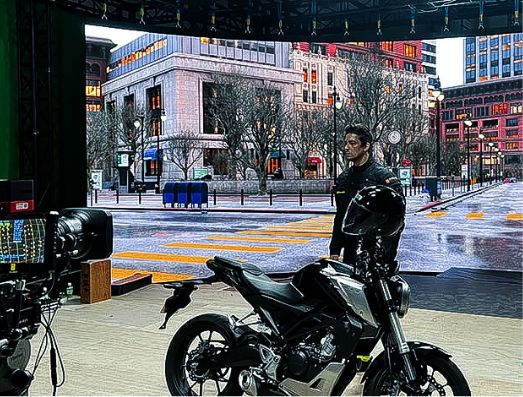
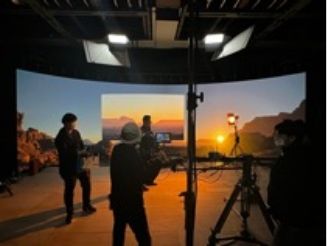
 Tokyo Studios
Tokyo Studios
Our Tokyo Studios, which produces many films and videos including the Kamen Rider and Super Sentai series, requires a flexible production system throughout the year. By utilizing VP to respond flexibly and quickly to these needs, we can achieve staff proficiency and asset accumulation only possible by the Toei Group.
 Kyoto Studios
Kyoto Studios
We are proceeding to transfer our massive art design-assets accumulated in our Kyoto studios to digital assets.
We aim to realize making films such as historical adventure and historical fantasy film free from limit of budget or location place using these digital assets.
Initiatives at offices and business locations
Furthermore, by introducing digitization of approval documents, we have been able to speed up our workflow from application to approval, reduce costs by going paperless, enhance internal control, and cater to diverse work styles such as remote work.
As part of our efforts to protect the global environment, we have adopted LIMEX—which is made from limestone—as the material for our business cards. In comparison with paper, LIMEX can reduce the amount of water used per ton of sheet produced at factories by around 97%.
The Toei Group is also in the process of switching to LED lighting, utilizing energy-saving electronic components that can emit light with only a small amount of electric current, which has a significant effect in reducing CO2 emissions. All lighting fixtures at Toei's headquarters have now been replaced with 100% LED lighting. Other facilities for customers, such as our Tokyo Studios and Kyoto Studios, movie theaters (cinemas), Toei Kyoto Studio Park, and hotels, are also gradually switching to LED lighting.
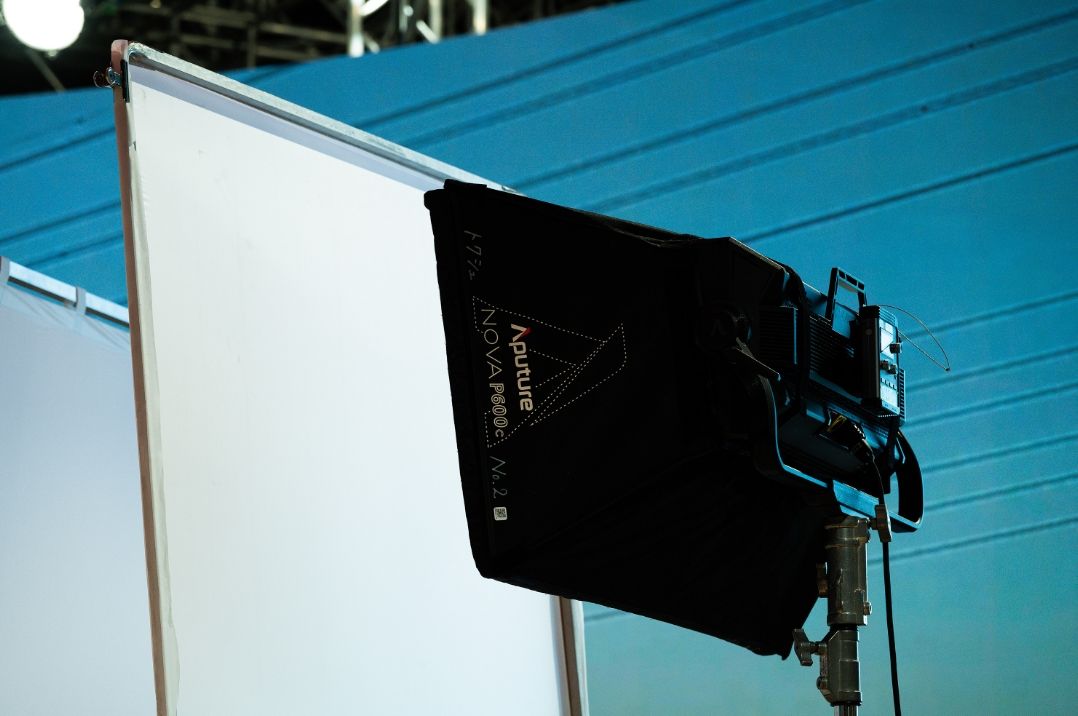
Initiatives at T-Joy cinemas
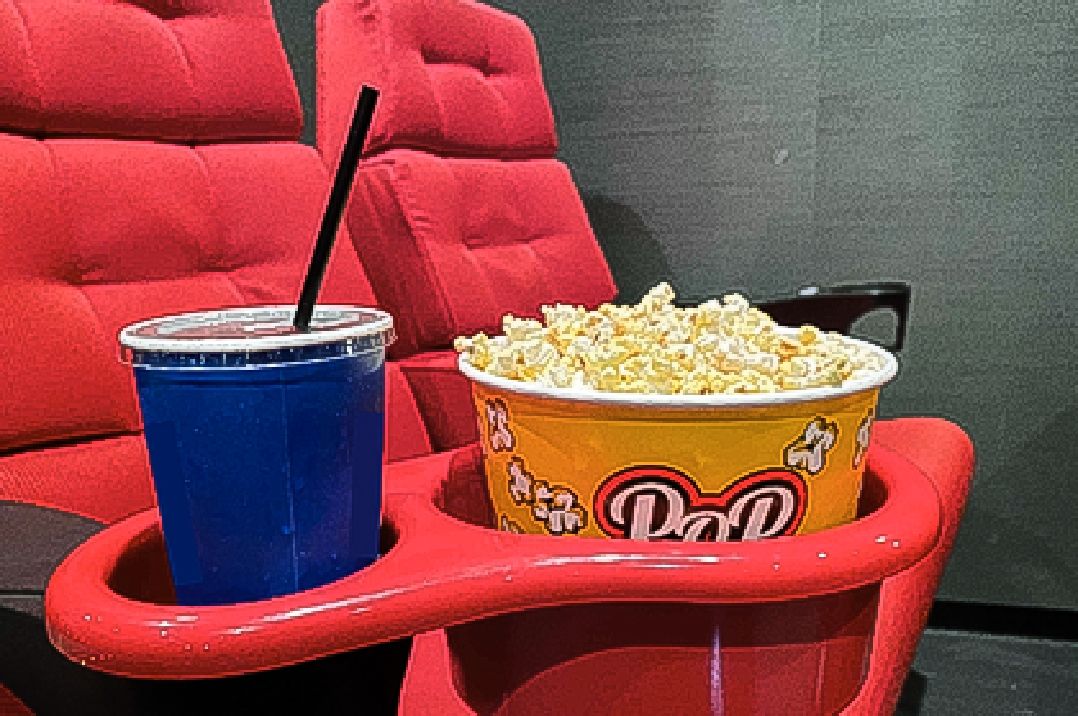
Toei Hotel Chain initiatives
These hotels engage in continuous social contribution initiatives such as active interaction with local residents by accepting hotel tours and social experience activities with local students, cooperation in taking in local residents and people who are unable to return home in the event of a disaster, local production for local consumption, and working to reduce food loss.
By coexisting and prospering together with local communities and contributing in whatever way we can to the creation of communities where people can continue to live happily, we aim to create hotels that are loved by everyone in the community.
